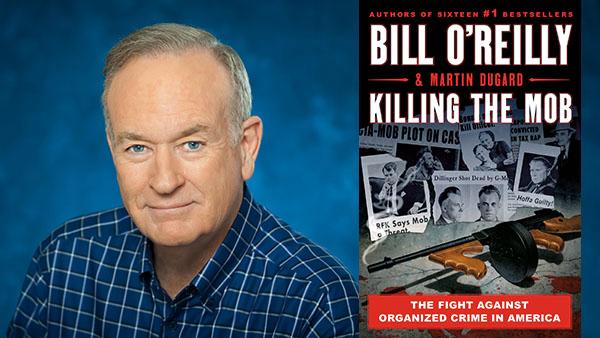Commentary
It’s no coincidence that, over the past year, the alarming surge in violent crime across America has coincided with the nationwide campaign to defund the police.

It’s no coincidence that, over the past year, the alarming surge in violent crime across America has coincided with the nationwide campaign to defund the police.